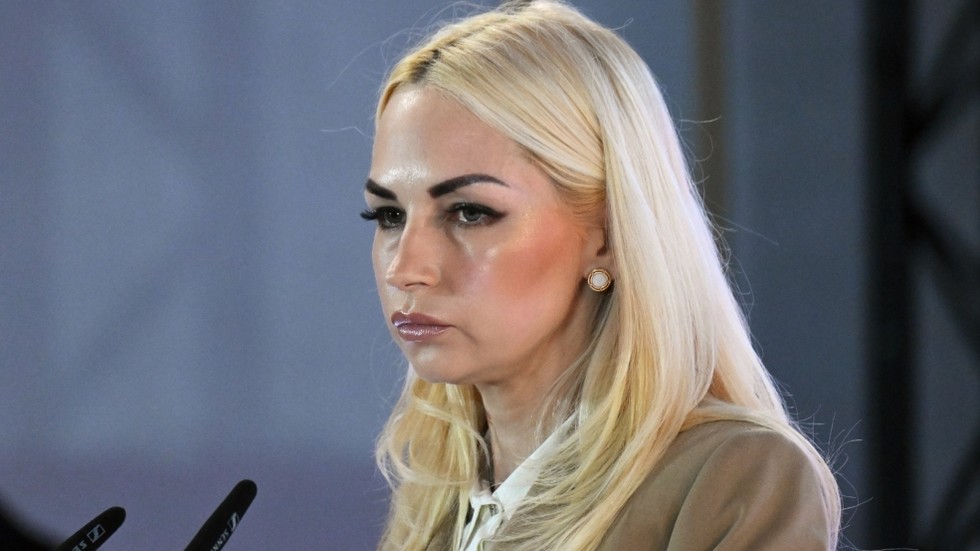"Nobody can order me where to go or not to go," Slovakia's Prime Minister Robert Fico retorted, after the European Union's foreign policy chief warned the continent's leaders against travelling to Moscow for the annual World War II victory parade.
Known for his Kremlin-friendly stances, Fico has repeatedly said he will attend the military celebrations in the Russian capital on 9 May to mark the 80th anniversary of Nazi Germany's defeat.
"Any participation in the 9 May parades or celebrations in Moscow will not be taken lightly on the European side, considering that Russia is really waging a full-scale war in Europe," Kaja Kallas told reporters in Luxembourg on Monday.
"We made it very clear that we do not want any candidate country to participate in these events on the 9th of May in Moscow," Kallas said, calling on the member states to send their representatives to the capital of Kyiv instead.
Fico found Kallas' remarks “disrespectful”.
"Mrs Kallas, I would like to inform you that I am a legitimate prime minister of Slovakia, a sovereign country," Fico said in a statement. "Nobody can order me where to go or not to go."
"I will go to Moscow on 9 May," he added.
Fico said he will travel to Moscow to honour the Red Army soldiers who liberated his country and other victims of the Nazis.
The Kremlin has used the annual Victory Day celebrations to tout its battlefield prowess, and Russian President Vladimir Putin hailed Russian troops fighting in Ukraine as "heroes" at last year's event.
The Slovakian prime minister returned to power last year after his leftist party Smer won elections on a pro-Moscow platform.
Since then, he has ended his country's military support for Ukraine, lashed out at EU sanctions on Russia, argued with Kyiv over Russian gas transiting through the country, and vowed to block Ukraine from joining NATO.
Unlike many Western politicians, Fico has not visited Kyiv since the start of the Russian full-scale invasion more than three years ago.
His government has faced ongoing protests against its policies, most recently regarding a draft law targeting NGOs, which has raised concerns of a Russian-style crackdown.

 2 days ago
9
2 days ago
9









